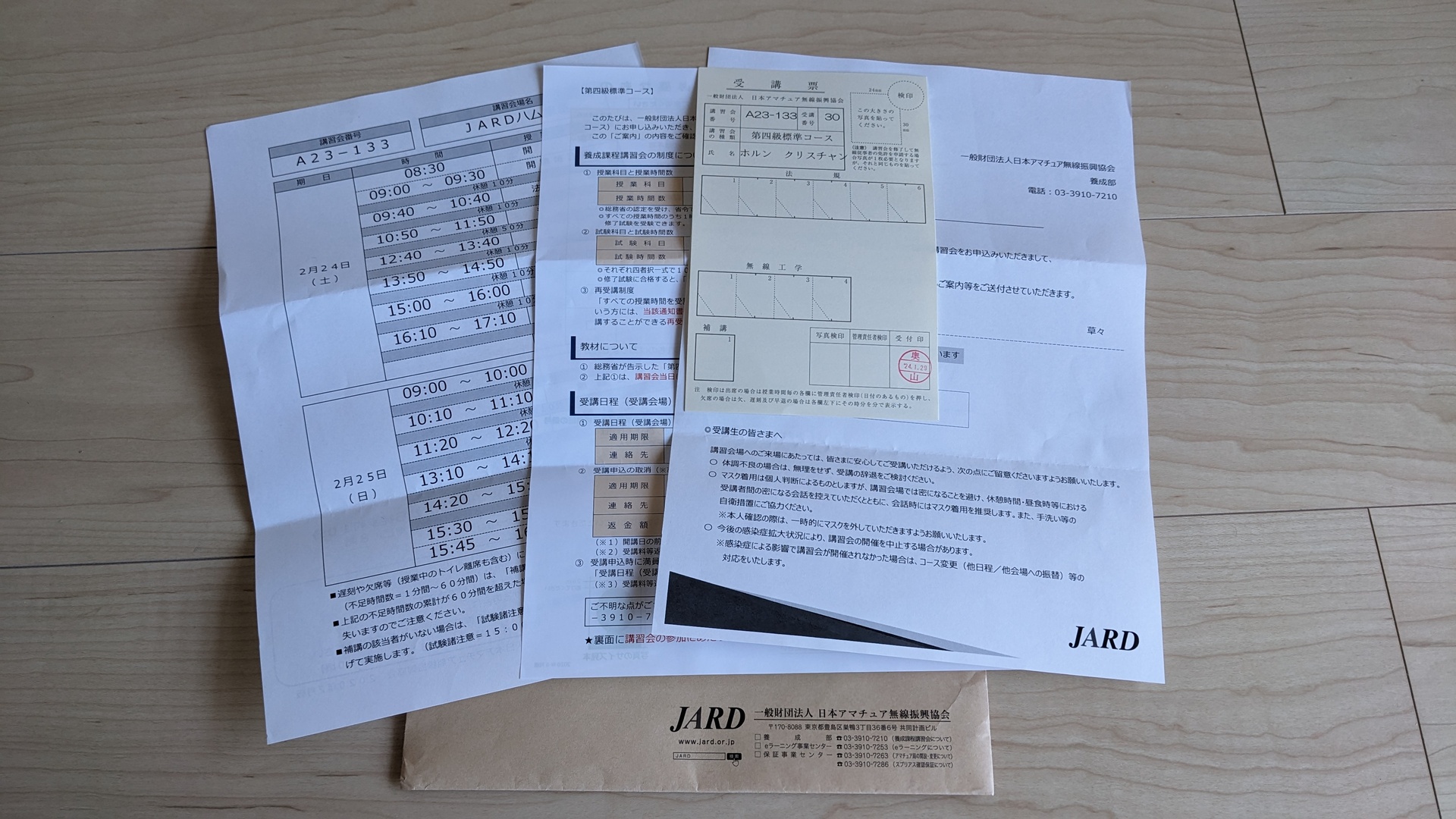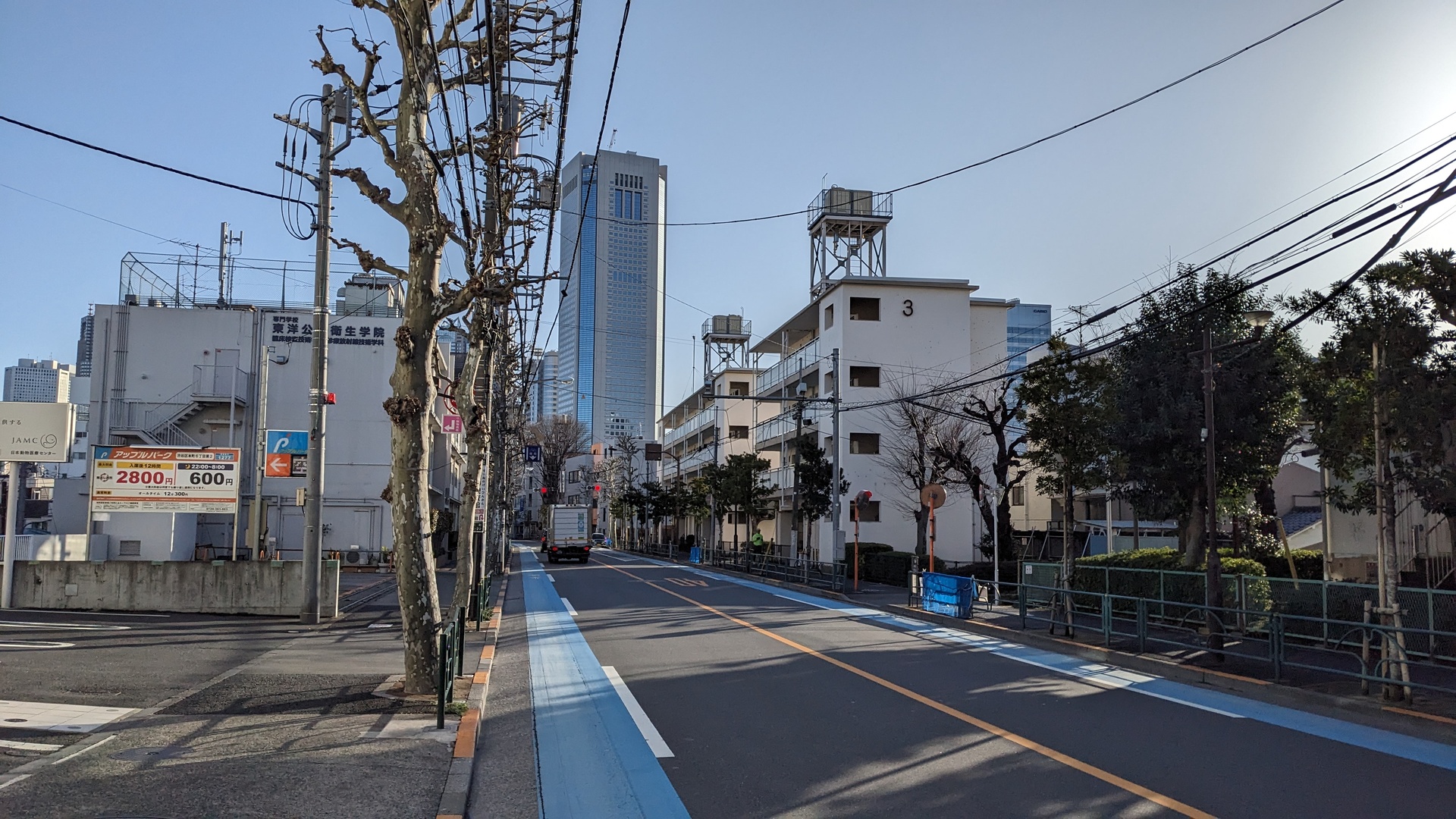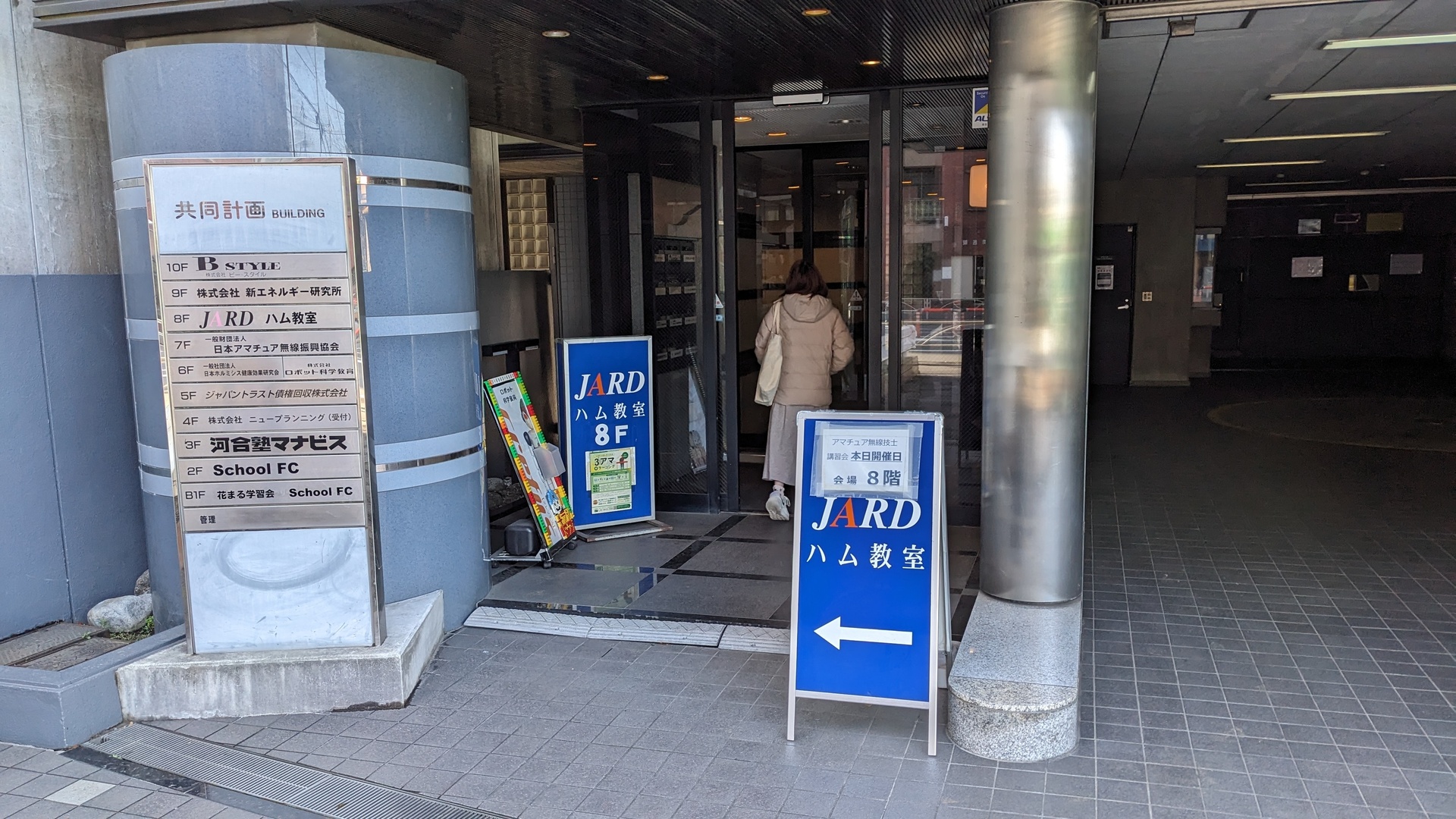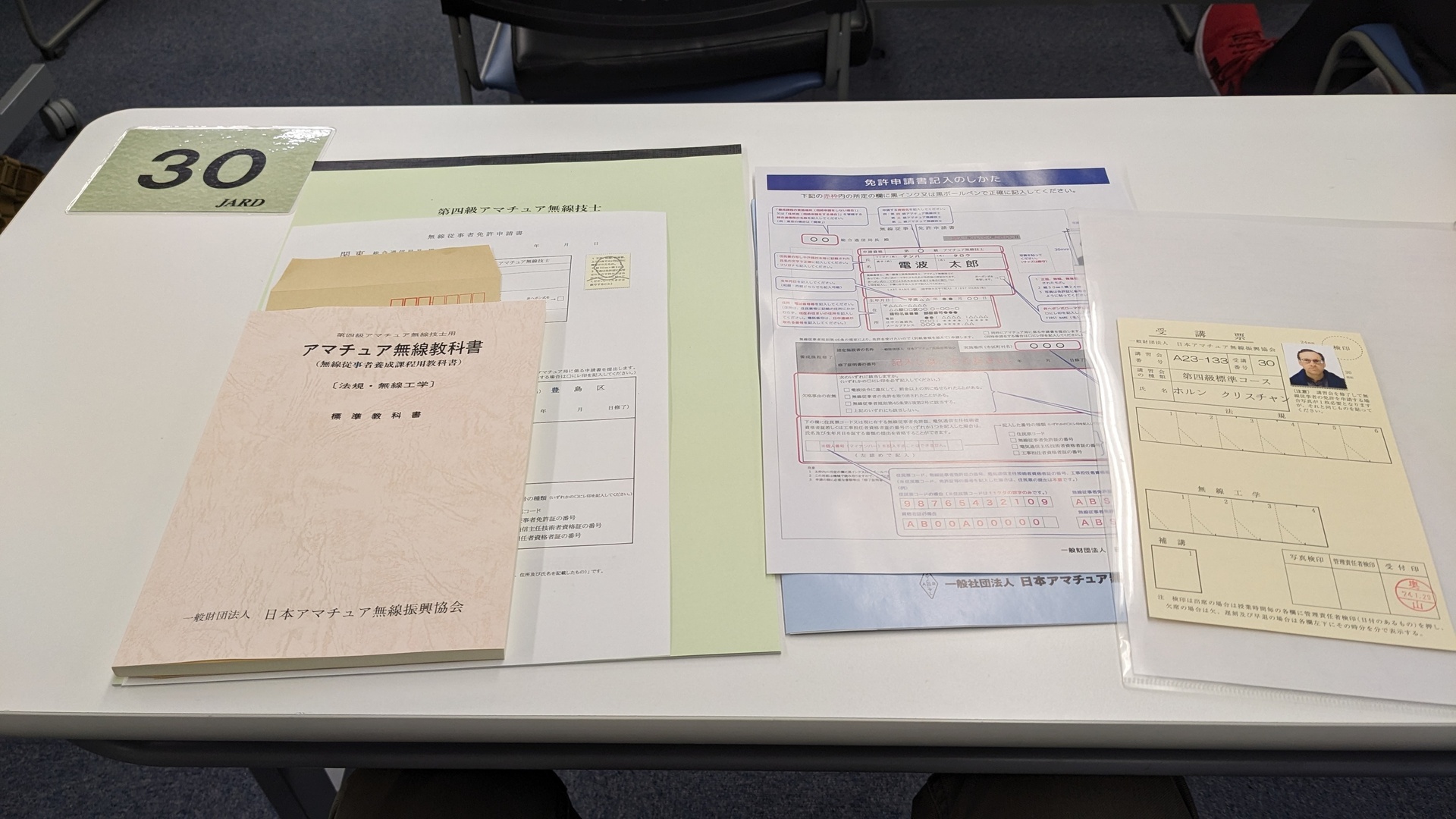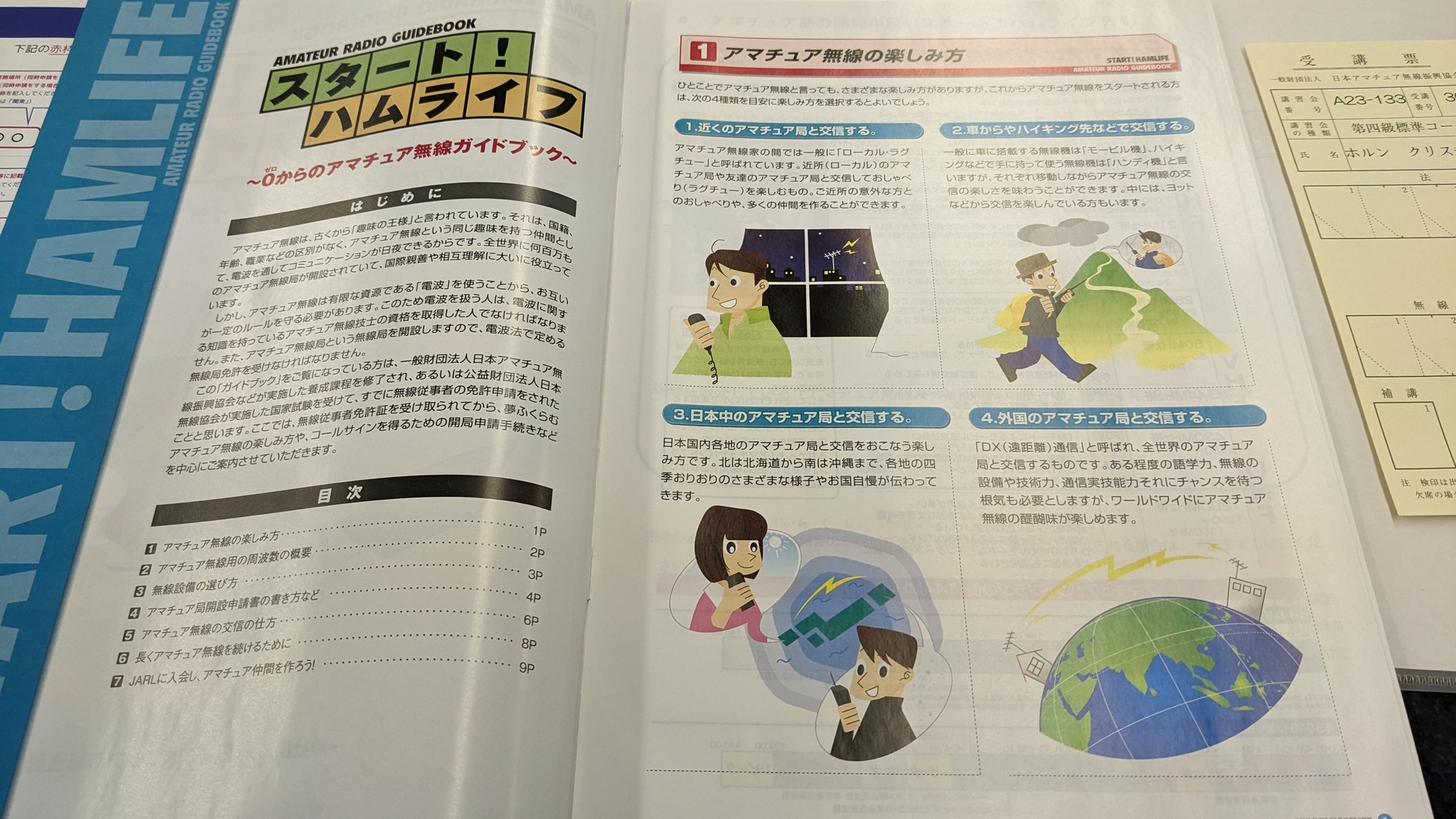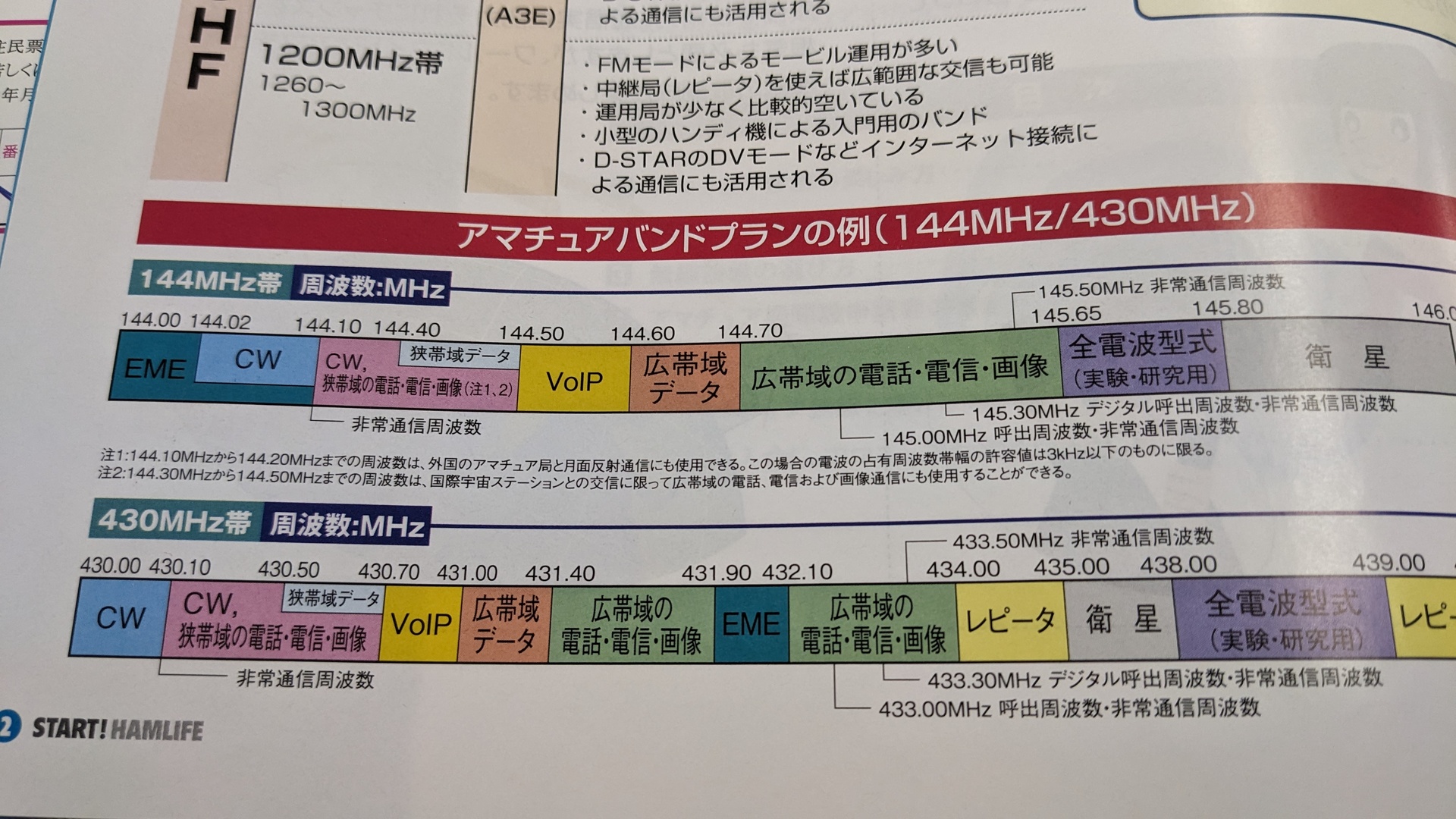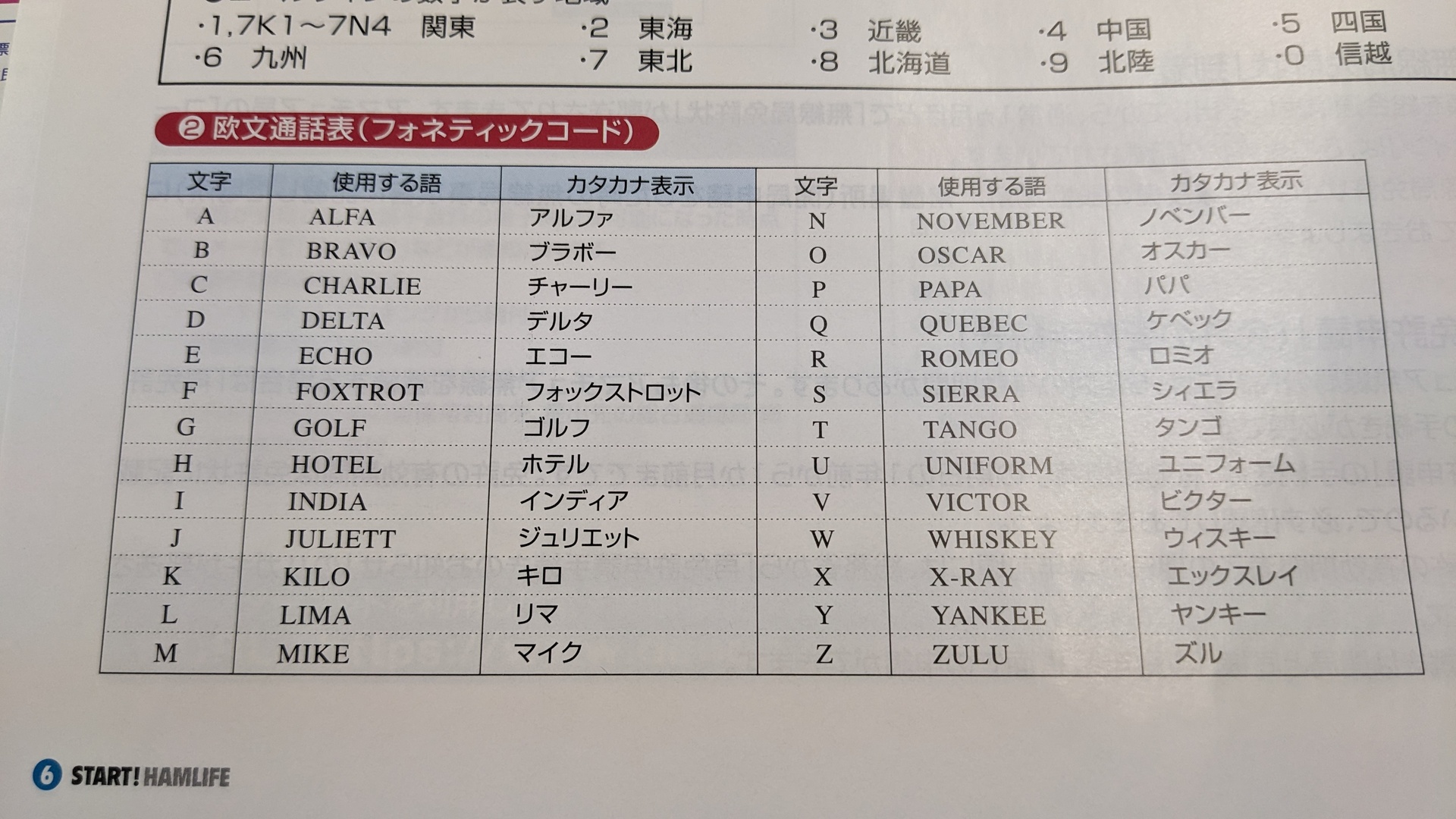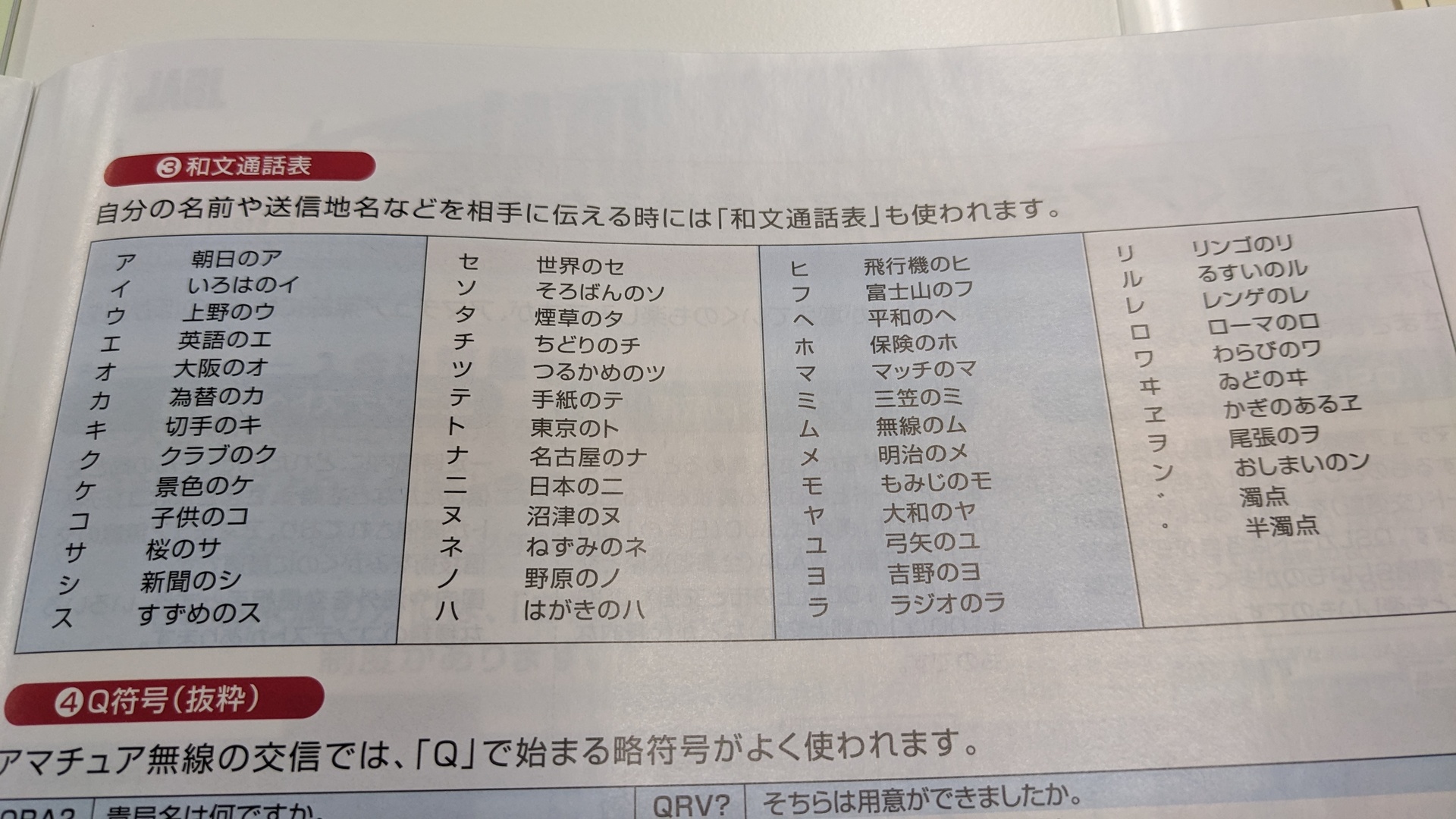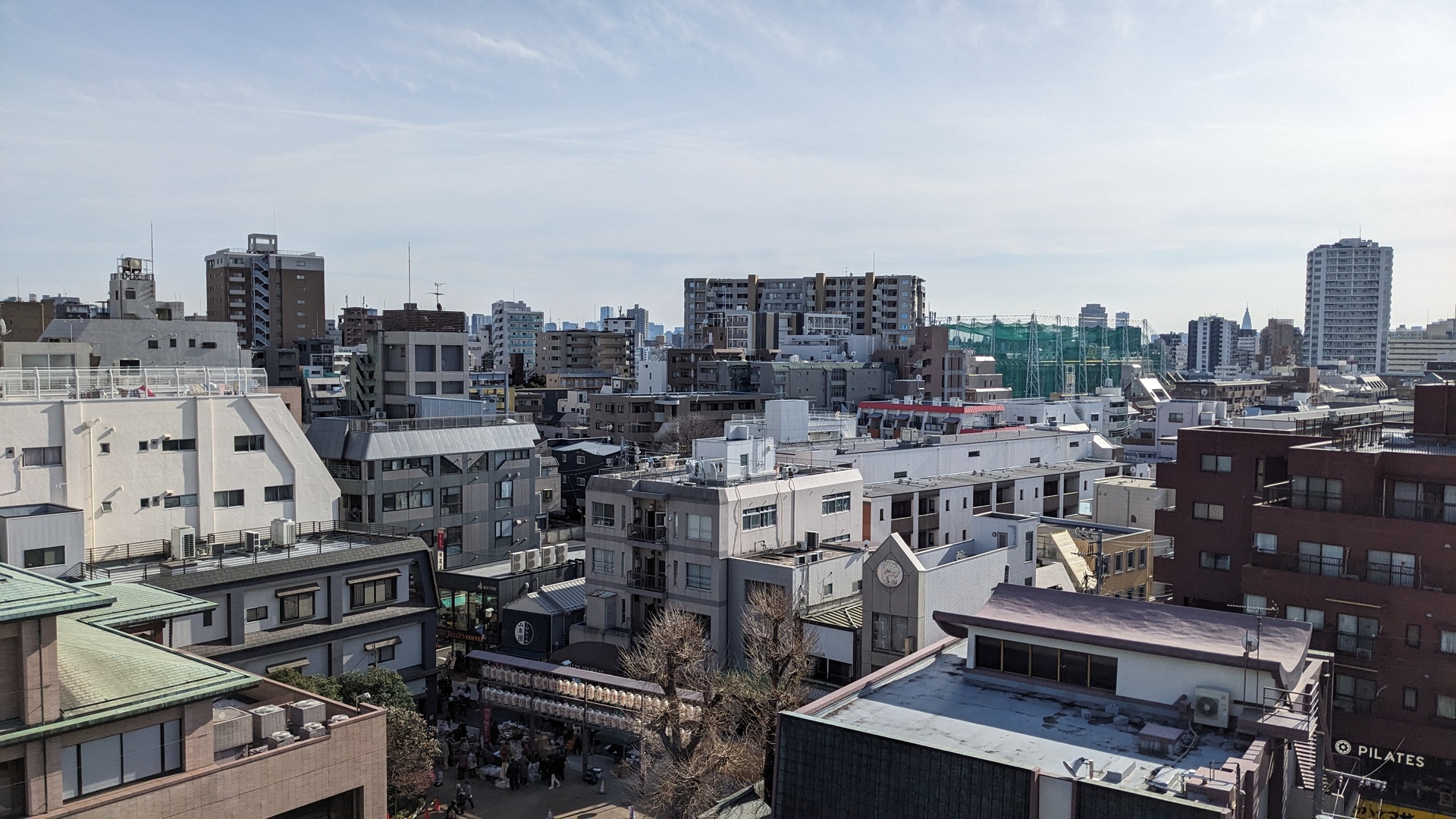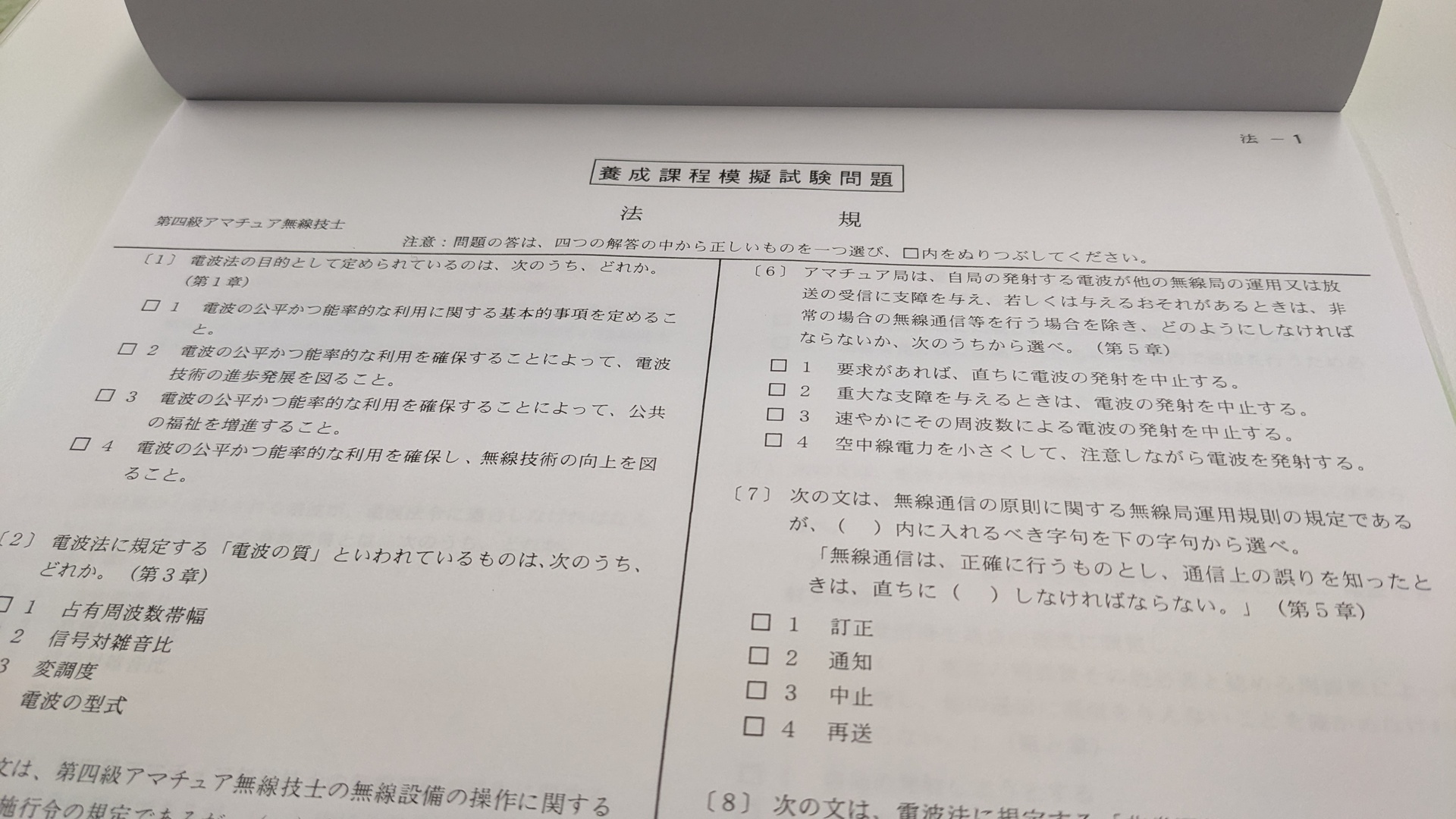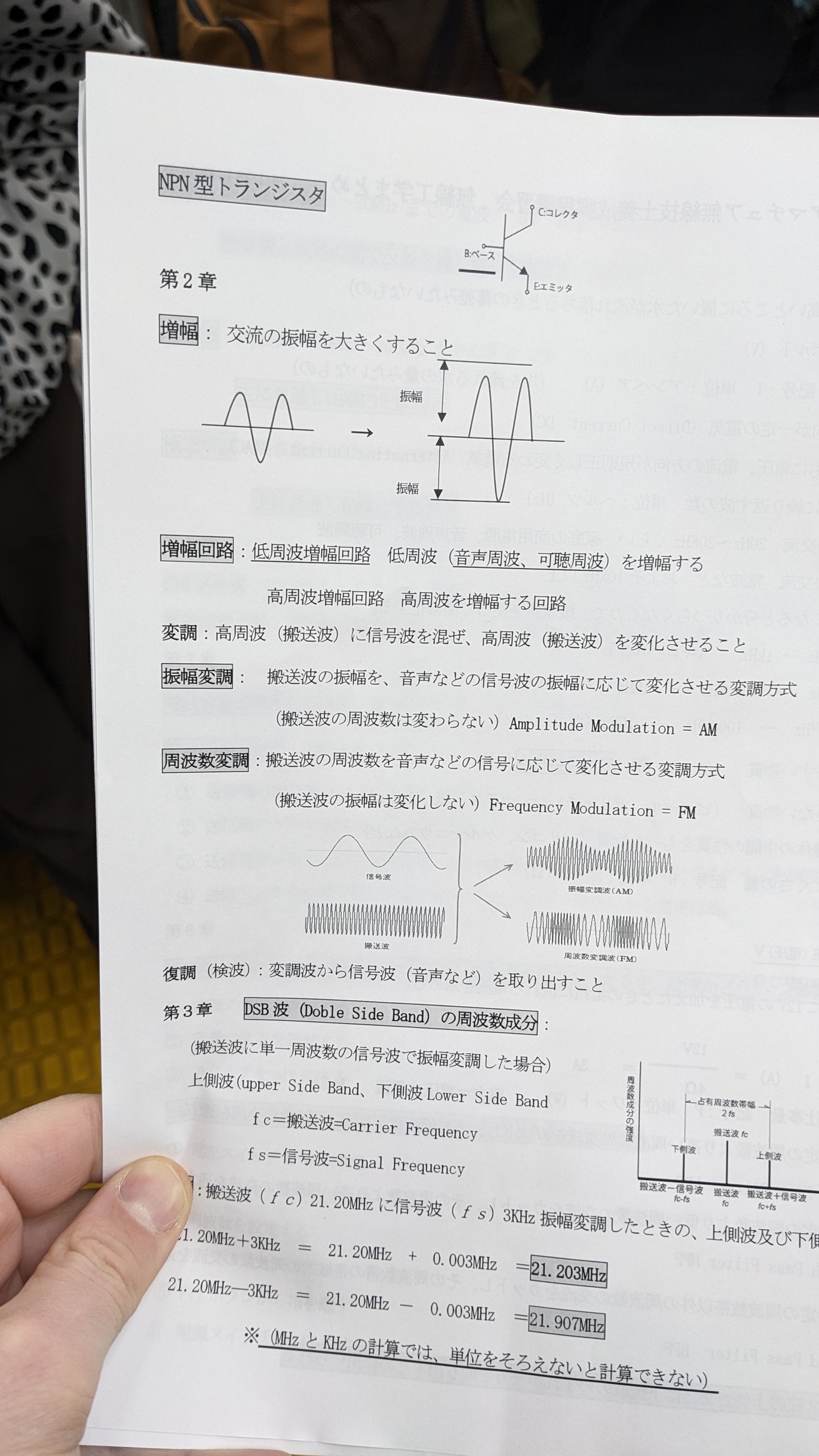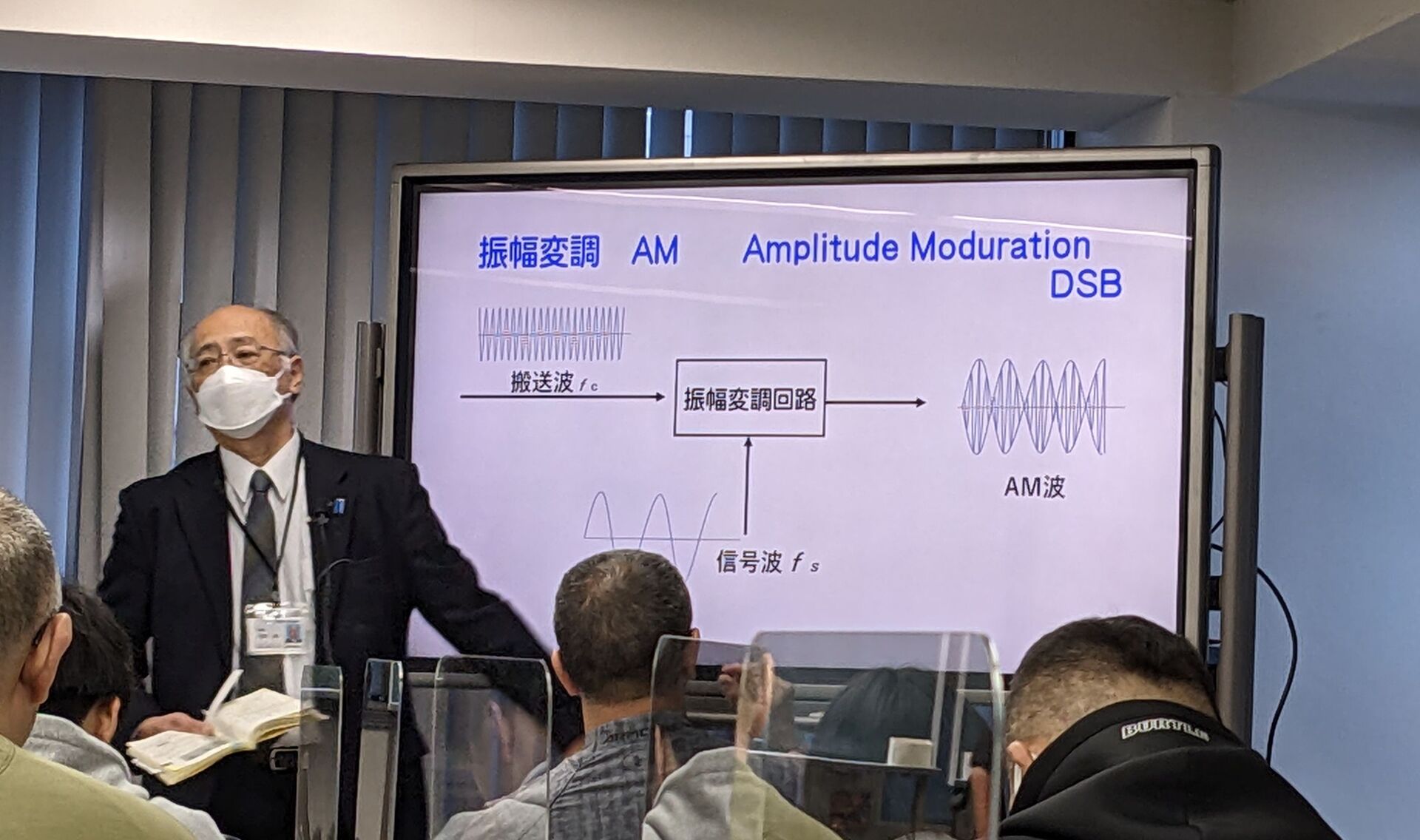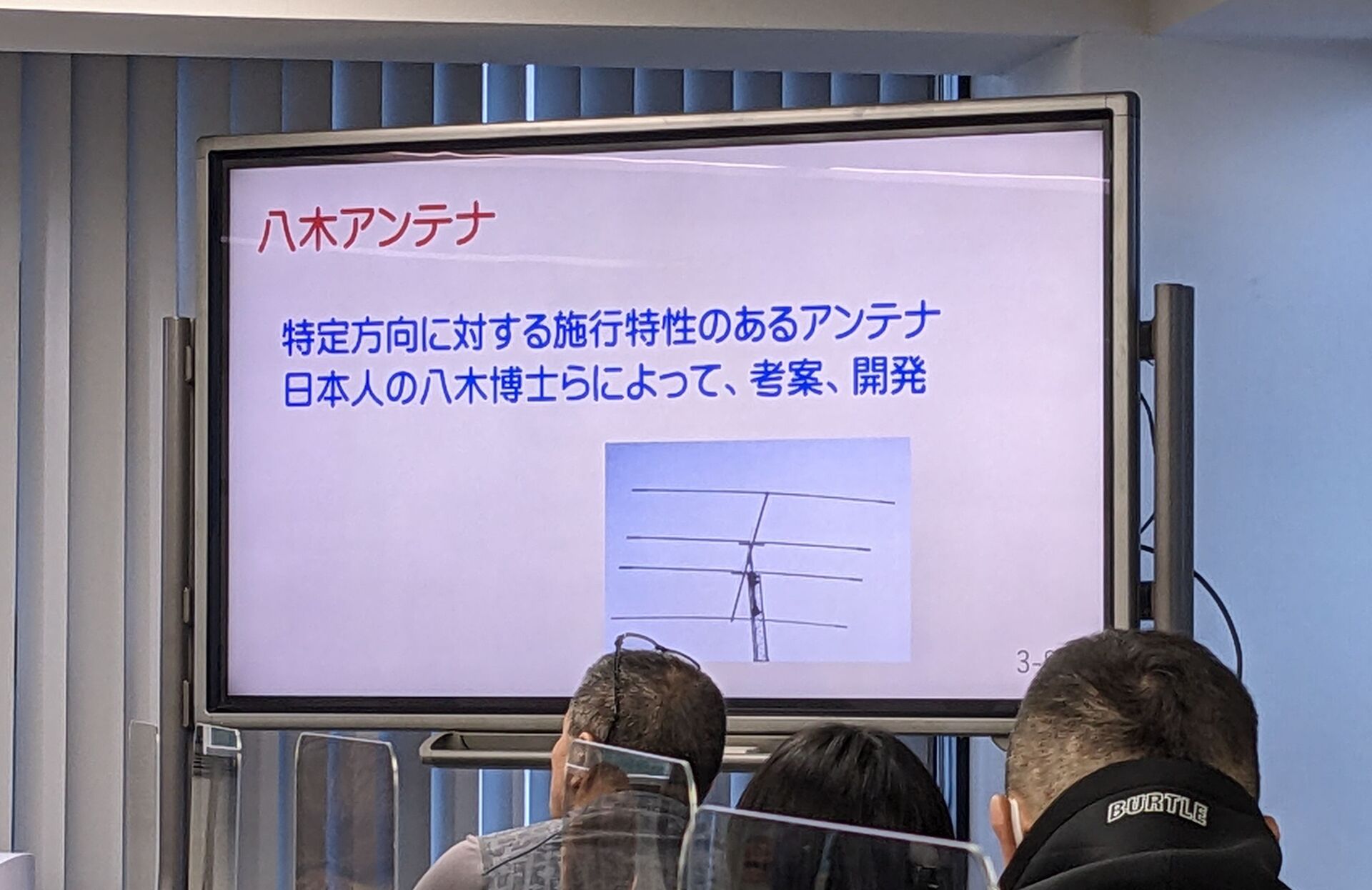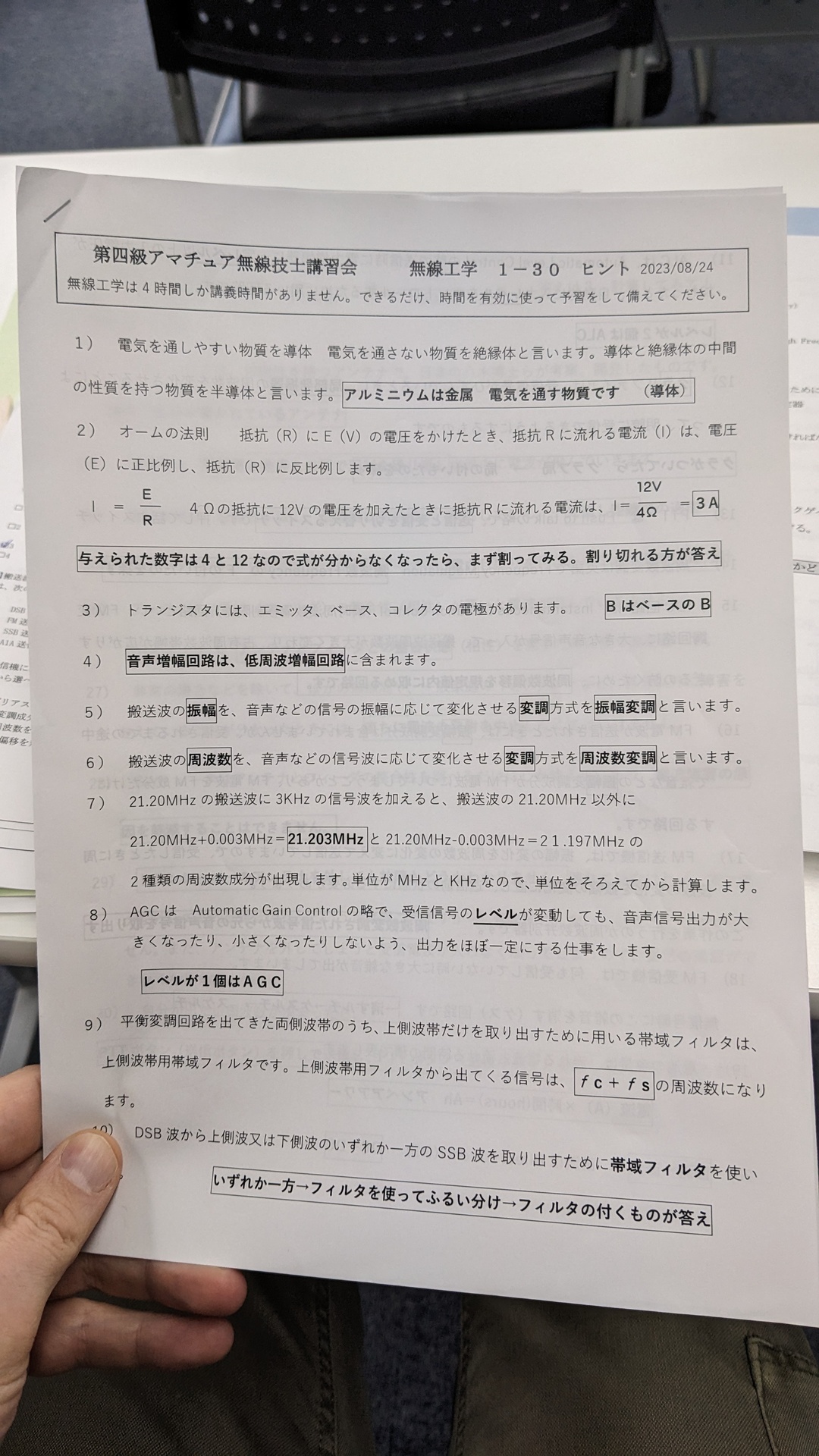HAM radio?
HAM radio or ‘Amateur radio’ is the use of radio frequencies for noncomercial private purposes. After the German unification, I had been doing CB-radio in Germany. CB is ‘Citizens Band’, these are a few frequency channels which can be used without any license. I had gone as far as setup a metal antenna on the roof of the house, had spent nights with friends on a mountain, trying to do radio communication with people in other countries.
CB is restricted for example with the available frequencies, and the power of the radio waves. HAM radio amateurs have to prove knowledge in passing an exam, and can then use more frequencies. If everybody was allowed to randomly use radio technology, then all kinds of services would probably be impacted: communication of police, ambulance, planes and so on. Multiple HAM amateur levels exist.
This technology was always interesting for me. One could learn for the exam with books, or trainings. My home town in East Germany was to small for trainings, and later when I lived in Munich I was focusing on connecting with computer nerds, and later Japanese learners.
Now, living in Japan, I registered for a weekend full of training - that was last weekend. I registered online for training+exam, payed 2.5万円(~150eur).
Start on Saturday
The training was in Sugamo near Ikebukuro/Tokyo - in cycling distance for me, as I live in the West of Tokyo. Weather was good, after 75min of cycling I arrived in time for start at 9am. We were ~35 trainees, including a maybe 10 years old girl and her mother. Maybe the father running a HAM radio station and they wanted to join him? We received material for training. Saturday was dedicated to 法規/Hoiki, so laws and legislations. A single instructor was guiding through the full day, all hours. We got a text book which had all of the contents for both days. Following the explanations was not to hard - but then we got example questions, in the style of what was to be expected in the exam. Reading and understanding Japanese texts.. this is hard for me. As you see on the first picture, many 60min lessons with 10min breaks. Lunch break was 50min, I went to a nearby place, could have been better.
We fininished aroung 17:15, when I arrived at home it was already dark. There was homework though: we got sheets of paper with tech knowledge like Ohm’s law. “We are really running through it on Sunday, read this in the evening so you remember next day…”
Sunday: Radio Tech
Rain was forecast, so I arrived by public transport. Everybody knows the Nato alphabet, “A as Alpha, B like Bravo” and so on, that was also taught. Well, you can’t really expect teaching, but hinting on things the trainees had ideally studies themself before. I had prior knowledge from by CB times - but had to fight with the Japanese terms for things I knew in German and English. I work in IT, most terms are taken from English, transformed into a certain way to fit the Japanese tongue, and written in the Katakana alphabet. That makes it easy to connect the English and Japanese spelling - but the radio and electronics are older and got native Japanese terms. You could say ‘frequency’, but 周波数 (shouhasu) is used in Japanese. So the teacher started to run through the tech content, referring to vocab I was hearing for the first time.. to make it in time, the speed had to be high - also questions were not possible.
Fun fact, the Nato alphabet has in Japan then a brother, the Katakana alphabet: “ア like 朝のア” and so on.
The famous Yagi antenna was invented by the Japanese Mr. Yagi/八木. We got sheets with knowledge to prepare for the exam. At the previous evening I had looked up a nearby Curry place: Nepal style. That was delicious!
After the training we got time for own training, and also could ask the teacher.
Exam
Eventually we were sitting down in the exam. All others left after 10min, I took 30minutes. Today I looked at this link and as I had station 30, it seems like I passed.
So I can now consider to get a ham radio, obtain a license to operate the radio, and can then use that. Along with that, a callsign will be handed out, worldwide unique. I can also try to have the license rewritten to a German license of the same level. Also funny: when you register a radio station in Japan, you get to pay a fee of 300円 per year. You get a letter to pay that.. maybe the letter eats already most of the fee. I will bring this up from now on when I talk about dogs being taxed in Germany.
I learned that actually one can also sit down in English HAM radio exams in Kanto area, and if obtained these can then be rewritten to a Japanese license.
Comparing German and Japanese HAM licenses
Quite some differences! In Germany we have just 3 levels. “N” is quite new, the lowest level. Even there, you can just use 10m/2m/70cm with 6.1W/10W EIRP. frequency areas for use, and can send with up to 100W PEP. In Japan, we have 4 classes. The 4th/lowest one can send on almost all frequencies, like the highest one. Depending on frequency, 10 or 20W. Graph of which class in Japan can use which frequencies.
Also different: in Germany you can apply to get a callsign assigned when you have passed the exam. In Japan, after passing the exam, you just get a certification paper (as plastic card, like a drivers license). With that, you can apply to “operate a radio station” (無線局開局), and a callsign is assigned to that station. You have to pay 300円 per year for “using the ether”. The permission to operate the station is valid for 5 years, can be renewed.
Next Steps
One week after the exam I was able to see online that I passed, 2 weeks later I got an email - along with an invitation to Hamutte, an online forum for Japanese HAM licensed people. So that’s a place like a builetin board, to ask questions and so on.
I’m now waiting for my license card, and can then apply to run a radio station. Will probably order a handheld 70cm/2m device, and a SoftwareDefinedRadio device, details/data collection.
Last modified on 2024-03-01
